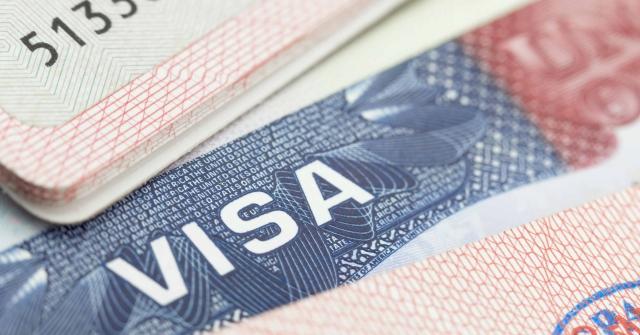For the sixth consecutive year, the number of H-1B petitions received by the U.S. Citizenship and Immigration Services (“USCIS”) has reached the annual quota for fiscal year 2019 within the first week of the filing period, with USCIS announcing that there were 190,098 applicants for FY 2019. This includes the cap of 65,000 H1-B visas of the regular category, as well as the 20,000 visas for candidates with a U.S. Master’s degree or higher.
Consequently, a random lottery process will be conducted to select the petitions. As an indication, in Fiscal Year 2018 (last year’s H-1B season), USCIS received a total of 199,000 petitions for these 85,000 slots. That means that less than half of all petitions were selected; these are tough odds for an employer looking to hire that qualified foreign talent to meet their business needs.
What happens to companies when an individual doesn’t make the H-1B cap?
Besides HR directors all over the country pulling their hair out, having an individual not make the cap typically sets off a frantic series of events. Generally, HR personnel who work for a company that has individuals in the H-1B lottery are forced to make some uncomfortable decisions, should they not be eligible for any alternative business-related nonimmigrant petitions:
- Leave the individual in his/her home country and try to engage them as a contractor
- Move the individual from his/her country to a third-party country where the company has a legal entity to employ the individual
- Cut ties with the individual completely
Each one of these “solutions” presents new challenges for HR teams:
- The contractor model can be very tricky because it forces HR and legal teams to perform an independent contractor (IC) analysis to ensure that the engagement can be done in a compliant manner, and many times the individual cannot be classified as an IC.
- The third-party country move solves the IC compliance problem, but it can be personally challenging for the individual. Those individuals contemplated moving to the U.S., but they typically haven’t contemplated moving to a third country. So, under this model, the individual can’t come to the U.S. and they also can’t stay at home where they presumably have friends and family.
- Cutting ties with the individual is the worst-case scenario because the company never gets the services of the resource that it so desperately wants/needs.
So, what is a troubled HR professional to do?
Velocity Global’s International PEO solution is your contingency plan. International PEO allows your company to hire that individual, via Velocity Global, in his/her home country as a compliant full-time employee. This resolves the IC classification issue, it allows the individual to stay close to home, and it provides your company with the human capital resources that it requires. In addition, our Global Immigration Services can help facilitate the move of the employee to another country where it makes business sense.
In short, if you have individuals who miss the H-1B “lottery” cap, Velocity Global’s International PEO solution can be your ready-made contingency plan that will allow your company to achieve its international goals without having to jump through a series of imperfect alternatives.
If you have individuals who did not make the FY 2019 cap, contact us. We’d be happy to help you solve this difficult situation.
Topic:
Immigration + Relocation



